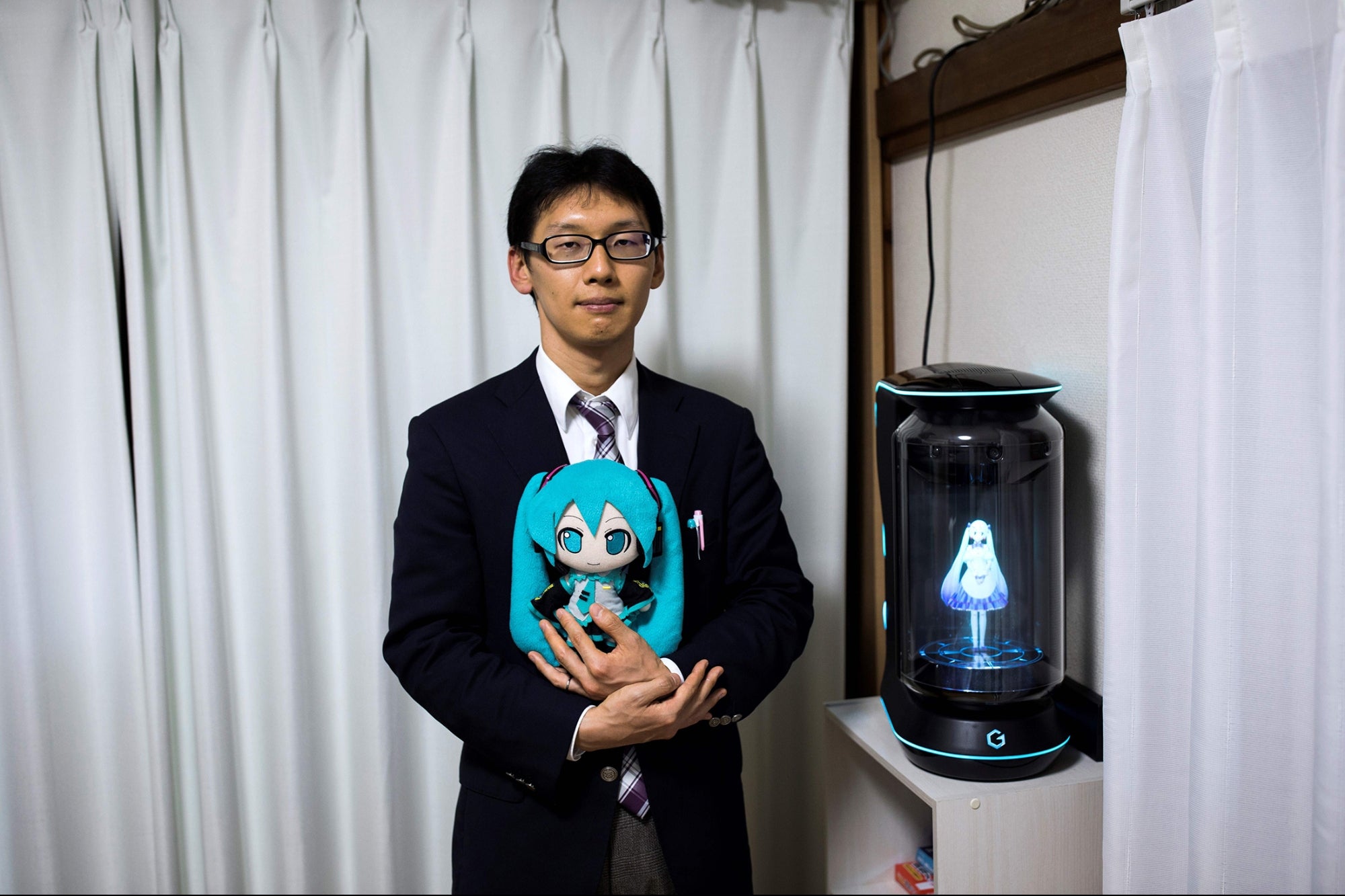Startup Spotlight: How Kazakhstan-Based SpaceLab Ensures Efficient Communication In Remote Regions SpaceLab's satellite-based system ensures efficient monitoring of climate, environment, and resources.
Opinions expressed by Entrepreneur contributors are their own.
You're reading Entrepreneur Middle East, an international franchise of Entrepreneur Media.
This article is part of an ongoing series covering startups that have been a part of the Mohammed Bin Rashid Innovation Fund (MBRIF) accelerator program.
In November 2023, the world watched the news of 41 workers who were stuck in a collapsed tunnel under the Himalayas. While that 17-day-long rescue effort ended successfully, something noticeable about the ordeal was that there was no way to communicate with the men except through a singular walkie-talkie. But this wasn't an isolated occurrence. The lack of access to real-time communication is something that has markedly defined events where people have been stuck in mines or other remote and/or confined spaces.
For Kazakhstan-based startup SpaceLab, which was launched in 2021, the Internet of Things (IoT) technology holds the key to preparing for not just worst-case situations like the ones mentioned above, but also to ensure real-time monitoring of the climate, environment, and other resources/assets. "SpaceLab was inspired by the need to bridge communication gaps in critical infrastructure located in remote regions," explains Dauren Aubakirov, co-founder and Business and Product Director of SpaceLab. "By creating technology capable of reliable, real-time data transmission globally, we aim to empower organizations and governments to monitor, analyze, and optimize strategic assets, supporting better decision-making and efficiency in inaccessible locations. We thus specialize in providing satellite-based IoT solutions that ensure seamless data transmission from IoT sensors in remote, hard-to-reach locations directly to designated servers through secure, independent channels. Our solutions aim to support automation and digitalization by enabling strategic data collection globally, even in areas without internet coverage."
How SpaceLabs achieves this is through the Internet of Very Important Things (IoVIT)- a concept its team started working on in 2023. "The IoVIT satellite terminal enables data collection from IoT sensors via a Long Range Wide Area Network (LoRaWAN) terminal and subsequent data transmission to a server through satellite communication or terrestrial network," Aubakirov explains. "This method allows for secure, independent data transmission from strategic facilities located in remote areas without internet coverage, thereby contributing to the advancement of automation and digitalization."
A key point to note about SpaceLabs' tools is that they are also designed with the intention of preventing natural disasters and/or managing their repercussions in an efficient way. An April 2024 news release by The Astana Times noted that the startup's IoVIT solution "focuses on the communication of personnel, computers, sensors and controllers located on sites vital for the state and business objects for monitoring the amount of precipitation in the steppe and the current state of the soil to predict floods." And according to Aubakirov, the startup's unique selling point lies precisely within its ability to offer such a holistic model of opera- tions. "SpaceLab's biggest differentiating factor lies in our global coverage, which enables real-time, delay- free data transmission from anywhere on Earth, even in regions with no existing internet infrastructure," he reiterates. "This capability makes us uniquely positioned to support critical monitoring and automation of assets in challenging environments."
Here, Aubakirov briefly explains SpaceLab's business model as well. "Our business model revolves around providing subscription-based services for satellite data transmission and hardware sales," he says. "Clients typically subscribe to data plans tailored to their data transfer needs, allowing for recurring revenue. We also generate revenue from hardware sales and offer custom solutions that meet the requirements of large enterprises and government agencies. Long-term revenue streams may also include data analytics and insights derived from collected data."
Source: SpaceLab
Currently a team of 12, SpaceLab is in its growth stage. "We have received investments for angel investors and signed contracts with two large international companies in the oil and gas industry, marking them as our first strategic partners," Aubakirov reveals. "Our goal now is to scale globally, with significant potential for further value creation through partnerships with major enterprise regions where remote data collection is vital." }Falling within SpaceLab's expansion goals is the UAE- and moving into this new geography has been a journey that has been "both challenging and rewarding," Aubakirov notes. "In the midst of this expansion, thanks to the MBRIF program's unique resources and mentorship network -which align with our goal of scaling our technology on an international level- we've received access to innovation-driven frameworks and insights, mentors, helping us improve our offerings and align with best practices globally," he adds. "The MBRIF staff is incredibly supportive and always ready to help as soon as you join the program."
As Aubakirov and his team remain focused on cementing their position in the UAE, Aubakirov notes that the way forward demands a proper balance between innovation and consumer feedback. "At SpaceLab, we stay at the forefront by integrating cutting-edge technologies such as artificial intelligence (AI) and 3D printing," he says. "However, despite the technical focus, we ensure a human connection by maintaining transparent communication with clients, offering dedicated support, and involving customer feedback in product iterations to ensure our solutions genuinely address their needs. As such, healthy innovation is going to be central to SpaceLab's future success!"













